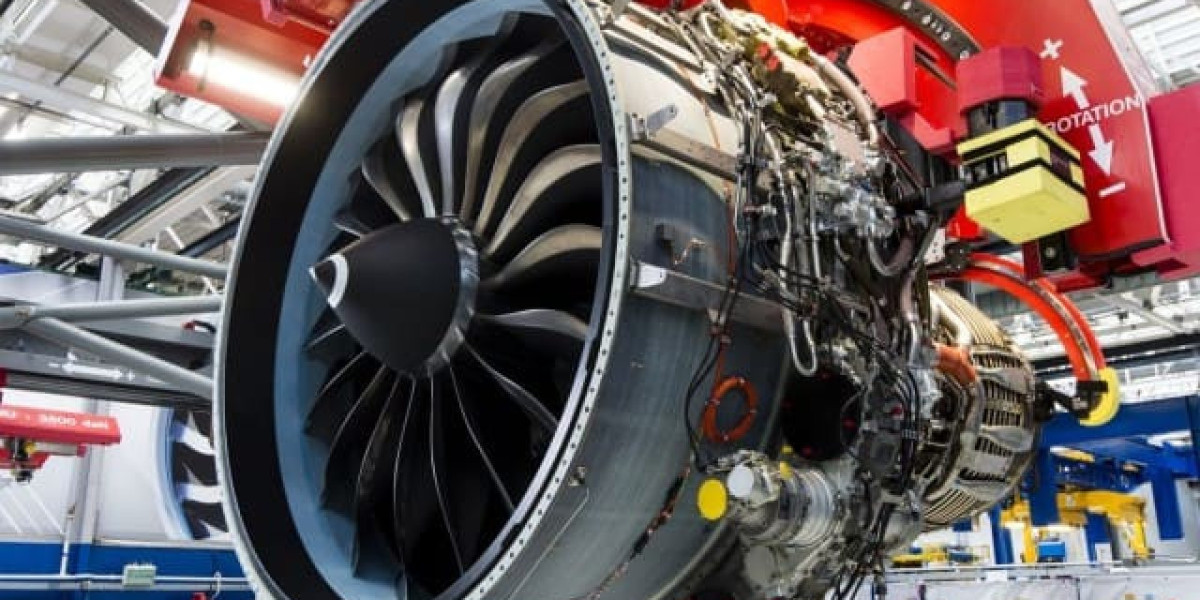Denmark is an attractive destination for international students, offering world-class education, a high quality of life, and excellent career prospects. After completing their studies, many international students wish to stay and work in Denmark, taking advantage of the country's vibrant job market, particularly in sectors such as technology, sustainability, and engineering. Denmark provides international graduates with opportunities to remain and work through various post-study work visa options. This article outlines the post-study work visa situation for international students in Denmark, including eligibility criteria, application processes, and job opportunities.
1. Post-Study Work Per4mit for Non-EU/EEA Students
Non-EU/EEA students in Denmark have the opportunity to stay in the country after graduation through the Establishment Card scheme or a job-seeking visa extension.
Job-Seeking Visa (6 Months Extension): Upon completing a higher education degree at a Danish institution, international students from non-EU/EEA countries are eligible for a six-month job-seeking visa extension. This extension allows graduates to stay in Denmark for up to six months while they search for employment related to their field of study. It is an ideal option for students who need additional time to secure a job after completing their education.
Establishment Card: Graduates with a Danish Master's degree, Ph.D., or certain Bachelor’s degrees can apply for an Establishment Card, which allows them to stay in Denmark for up to two years after graduation. This card is designed to help graduates establish themselves in the Danish job market. Importantly, students do not need to have a job offer at the time of application. The Establishment Card also grants the right to work full-time in any job during its validity period, offering flexibility as graduates transition from study to full-time employment.
2. Post-Study Work Opportunities for EU/EEA and Swiss Students
For students from EU/EEA countries and Switzerland, the situation is more straightforward. As Denmark is a member of the European Union, students from other EU/EEA member states do not require a visa or work permit to stay and work in the country after graduation. They are free to seek employment or start a business in Denmark under the same conditions as Danish citizens. This open access to the job market gives EU/EEA graduates a significant advantage in navigating post-study opportunities.
3. Application Process for Post-Study Visas
Job-Seeking Visa: To apply for the six-month job-seeking visa, non-EU/EEA graduates must submit an application to the Danish Agency for International Recruitment and Integration (SIRI) before their current student visa expires. Applicants need to provide proof of completion of their degree, evidence of financial support, and valid health insurance for the duration of their stay.
Establishment Card: The application for the Establishment Card is also processed through SIRI. Students must provide documentation that proves their graduation from a recognized Danish educational institution. The card is generally granted for a period of two years, during which graduates can work full-time in Denmark. There are no specific salary or job offer requirements to obtain this card, making it an attractive option for graduates who need time to secure their desired employment.
4. Job Market and Career Prospects in Denmark
Denmark’s job market is characterized by its innovation-driven economy, with strong sectors in technology, engineering, life sciences, renewable energy, and business management. Many international students find employment in these high-demand fields, especially in cities like Copenhagen and Aarhus, where numerous multinational corporations, startups, and research institutions are located. Additionally, Denmark’s collaborative work culture and flat organizational structures are highly appealing to international graduates.
Graduates with degrees in areas like IT, engineering, sustainability, and biotechnology are in particular demand. The country’s commitment to innovation and sustainability has created a thriving market for jobs related to green technologies, urban planning, and renewable energy, offering great career prospects for those with relevant qualifications.
5. Permanent Residency and Long-Term Prospects
For international students who wish to Study in Denmark longer-term, obtaining a post-study work visa can be a stepping stone toward permanent residency. Graduates who have held an Establishment Card or other work permits for several years and have integrated into Danish society may eventually apply for permanent residency, which offers the right to live and work in Denmark indefinitely.
Conclusion
Denmark offers a welcoming and supportive post-study environment for international graduates, providing various visa options for those who wish to seek employment and build a career in the country. The six-month job-seeking visa and the two-year Establishment Card give non-EU/EEA students ample time to find work and settle in Denmark after completing their studies. With a robust job market and high demand for skills in technology, engineering, and sustainability, international graduates have excellent opportunities to succeed in Denmark’s innovation-driven economy.














